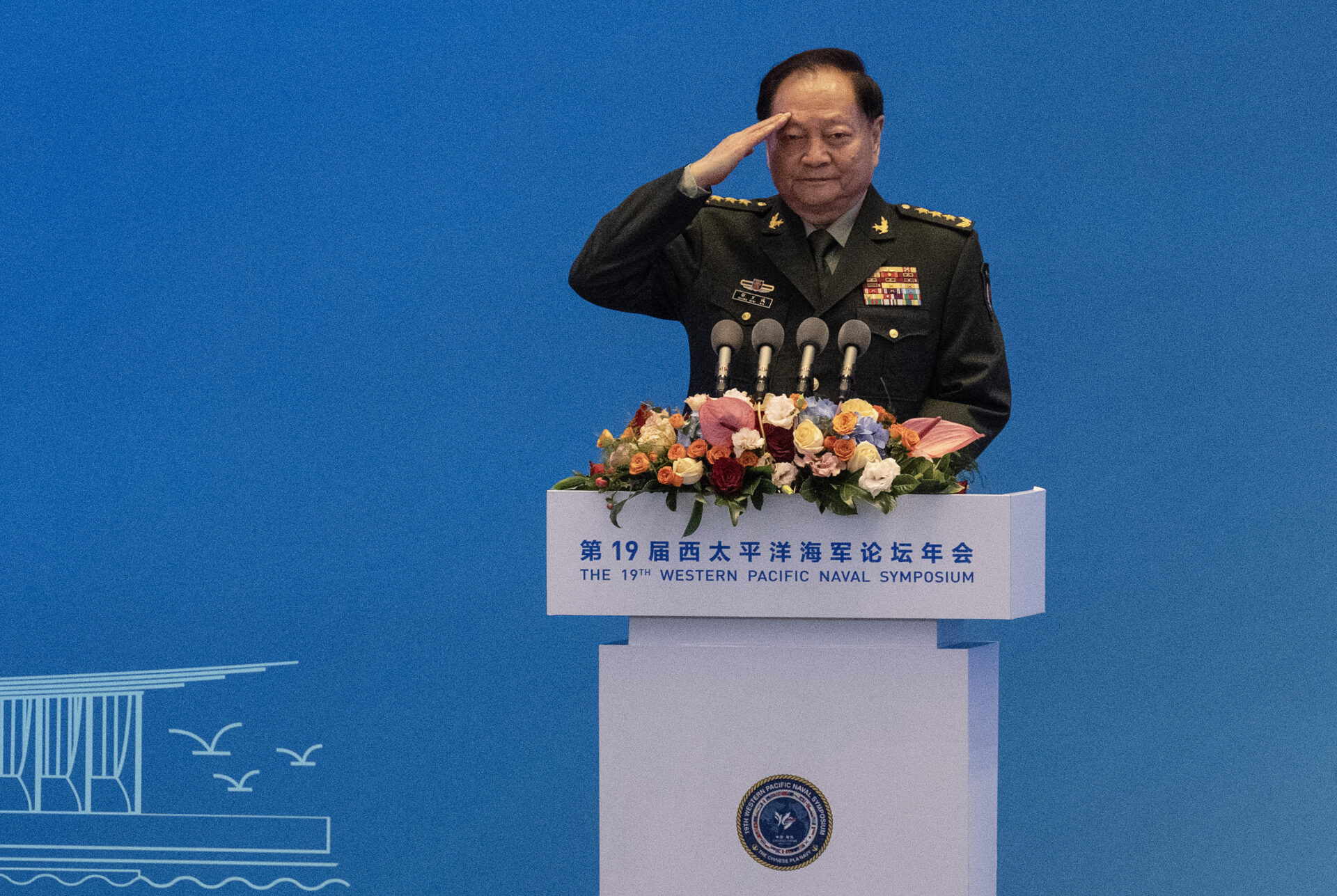ASSASSINATION ATTEMPT ON SHEVARDNADZE.
ASSASSINATION ATTEMPT ON SHEVARDNADZE.
Georgian President Eduard Shevardnadze last night escaped unharmed from an assassination attempt that killed two of his bodyguards, wounded others and severely damaged his armored limousine — a gift to him from the U.S. government. Unidentified attackers ambushed Shevardnadze one kilometer away from his residence in Tbilisi, firing from grenade throwers and submachine guns. (Western agencies, February 10)
One attacker was also killed in the shooting. His passport identified him as an ethnic Chechen from Russia’s republic of Dagestan. Some Georgian observers surmised that the man had been included in the terrorist group in order to mislead the Georgian authorities and to provoke conflict between Chechens and Georgians. Appearing on national television at midnight, Shevardnadze stated that the attack had been aimed "to blow up not just me but Georgia itself." (International agencies, February 10)
In August 1995, the Georgian president had been injured in a time-bomb attack blamed on pro-Moscow conspirators. The then-head of the State Security Service, Igor Giorgadze, chief suspect in that plot, fled to Russia. Georgia has since persistently but unsuccessfully sought Giorgadze’s extradition for trial on charges of terrorism.
Shevardnadze’s chief ill-wishers include:
— accomplices of Giorgadze still at large
— members of the violent paramilitary organizations Mkhedrioni (Knights) and Rescue Corps, both disbanded by Shevardnadze in 1995, some of whose leaders and members have been sentenced in criminal trials (Mkhedrioni leader Jaba Ioseliani and associates are currently on trial)
— diehard supporters of the late nationalist president Zviad Gamsakhurdia
— Georgian Stalinists
— Abkhaz secessionists
— and Russian circles who underwrote the Abkhaz war, protected Giorgadze and are known to resent Shevardnadze’s contribution to ending the Cold War on the West’s terms.
Shevardnadze himself cautiously maintains (most recently in an interview with The Washington Post, February 1) that it is "dangerous" to view the outcome of the Cold War in terms of winners and losers, as both sides ultimately "won."
Yeltsin in Italy; Iraq on the Agenda.


